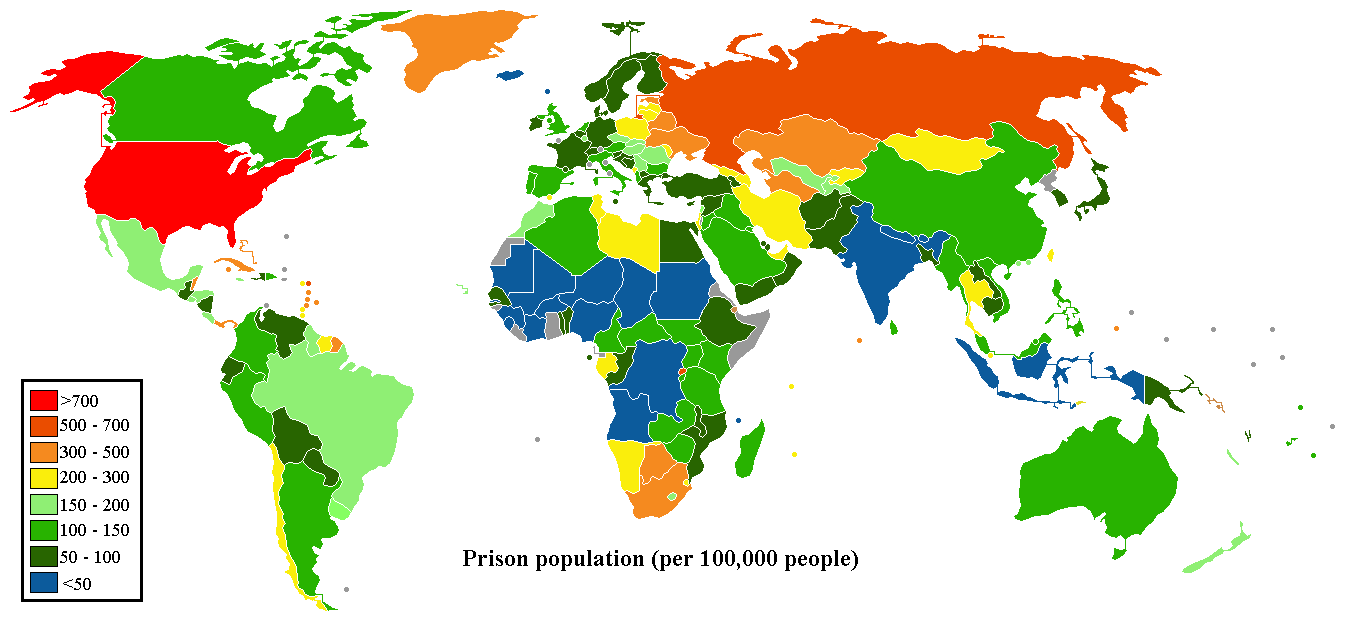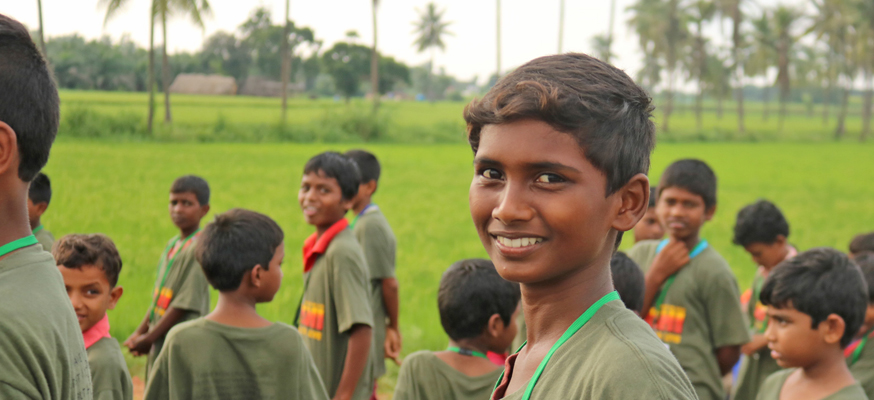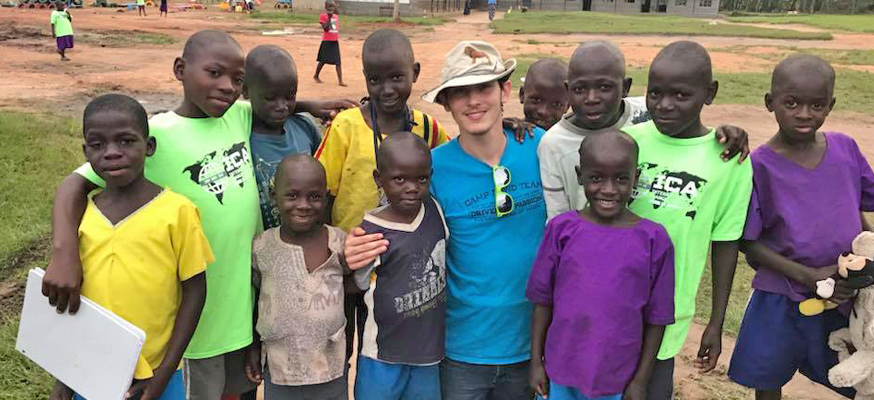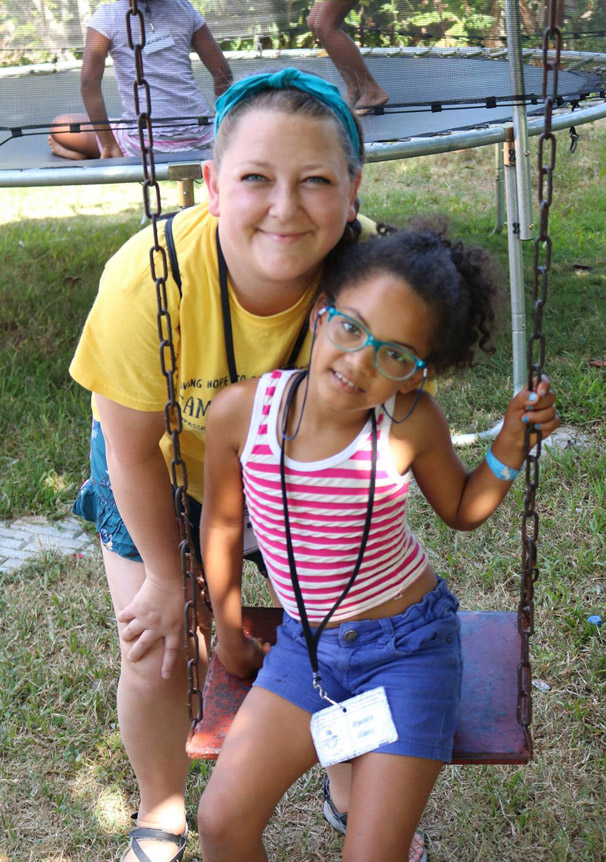We serve the most fragile families and children at risk around the world which includes foster kids, street kids, orphans, and single parents.
One in 28 children in America have a parent in prison (2.7 million children). For African American children, the ratio is one in nine. This is just the tip of the iceberg because 10 million children in America have HAD a parent in prison at some time in their life.
The impact of incarceration on the family is multifaceted and profound. One mother summed it up this way, “when my husband was sentenced to prison, I wasn’t broken- you can fix broken. I was shattered.” Another mother shared “as the judge finished reading my husband’s sentence I went into shock. I quickly made my way to the bathroom and collapsed on the floor in a flood of tears.”
This is just the beginning of their challenges. Some of these include:
Lonely Grief – When there is a death in a family the community shows up with condolences, nostalgic memories and meals to help them through their time of loss. But when a family member is incarcerated more often than not, the community pulls away and the family must grieve and face the challenges of their loss on their own. The average life sentence is five years; for a five year old that is a lifetime. For the eleven year old this means he will be driving before the next time he can hang out with dad. And for the 13 year old girl the next time she dances with daddy she will be a woman. These families need tender acts of compassion, understanding ears to just listen, and loving shoulders they can cry on.
Shame– We have all had the feeling of wanting to hide under the table when a loved one does something embarrassing, though no fault of our own. Families of prisoners feel this times ten. Their loved one’s poor choices are on the news, in the paper, and on the radio. One of our Mentoring students named her first day at school after her father murdered a family friend, as the “worse day of her life.” It was like she was trapped in a fish bowl with the most embarrassing memory on display for all to see. Another wife was so ashamed of her husband’s incarceration she could only refer to it as “the situation” when talking with her counselor. Shame is not, “I made a mistake.” Shame is, “I/we ARE a mistake.” These families desperately need to be treated with dignity, value, understanding, and respect.
Financial Strain – there are no safety nets for families affected by incarceration. They don’t automatically receive unemployment, Social Security, or life insurance payments. Instead they receive a significant loss of income, the full responsibility of caring for the children, legal fees, higher insurance premiums, and expensive collect calls from prison. Eviction is a real possibility because they can no longer afford the place where they are living. These families need the support of a loving community that has their back.

